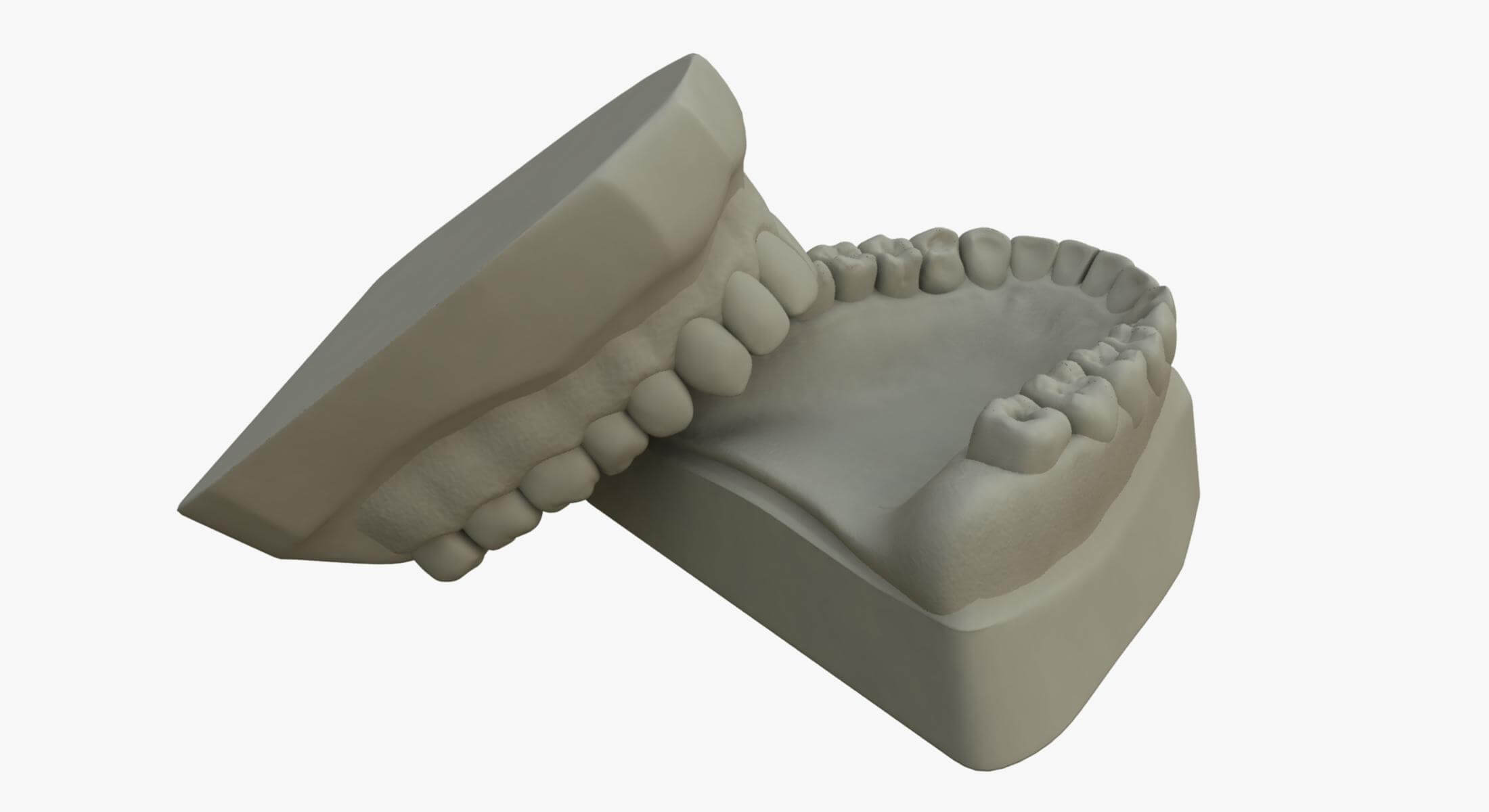10+ Ways To Reduce Wisdom Teeth Removal Costs
The prospect of wisdom teeth removal can be daunting, especially when considering the potential costs involved. However, there are numerous strategies that can help mitigate these expenses, making the procedure more accessible and affordable for those in need. Here are 10+ ways to reduce wisdom teeth removal costs, ensuring that financial constraints do not stand in the way of necessary oral care.
1. Early Evaluation and Planning
One of the most effective ways to reduce costs is through early evaluation and planning. Regular dental check-ups can help identify the need for wisdom teeth removal before complications arise, potentially reducing the complexity and cost of the procedure. Early intervention can also prevent issues such as infection, damage to adjacent teeth, and cyst formation, all of which can increase the overall cost of treatment.
2. Insurance Coverage
Understanding and utilizing dental insurance coverage is crucial. Many dental insurance plans cover a portion of wisdom teeth removal costs, especially if the procedure is deemed medically necessary. It’s essential to review your insurance policy, understanding what is covered, the percentage of costs covered, and any yearly limits. Some plans may have specific requirements, such as a waiting period before covering major procedures like wisdom teeth removal.
3. Dental Schools
Considering dental schools for wisdom teeth removal can be a cost-effective option. Dental schools often provide affordable care as part of their clinical training programs. Supervised by experienced dentists, students perform the procedures, which can significantly reduce costs. However, be prepared for potentially longer appointment times and the possibility that not all cases may be accepted.
4. Community Clinics
Community clinics and non-profit organizations offer another avenue for affordable dental care, including wisdom teeth removal. These clinics usually provide services on a sliding scale based on income, making dental care more accessible to those with financial constraints.
5. Comparison Shopping
Comparing prices among different dental providers can reveal significant variations in costs for the same procedure. It’s beneficial to obtain quotes from several dentists or oral surgeons to find the best option for your budget. Keep in mind that the cheapest option may not always be the best; consider the qualifications and experience of the practitioner as well.
6. Sedation Dentistry Options
For those anxious about the procedure, sedation dentistry can provide a comforting solution. However, different types of sedation can vary greatly in cost. Discussing options with your dentist, such as nitrous oxide versus IV sedation, can help find a balance between comfort and cost.
7. Bundle Procedures
If you have other dental issues that need attention, bundling procedures can sometimes reduce the overall cost. Discuss with your dentist the possibility of combining wisdom teeth removal with other necessary dental work to potentially save on overall fees.
8. Preventive Care
Preventive care is not only beneficial for overall oral health but can also reduce costs in the long run. Regular cleanings, check-ups, and maintaining good oral hygiene can prevent more severe problems that may require costly interventions.
9. Financial Assistance Programs
Several financial assistance programs and dental financing options are available to help cover dental expenses. Companies like CareCredit offer credit cards specifically designed for health and wellness expenses, including dental care. Additionally, some dental offices participate in financing programs that allow patients to pay for procedures over time.
10. Negotiate with Your Dentist
Don’t be afraid to negotiate with your dentist. Some offices may be willing to work with you, especially if you’re paying out of pocket. Discussing payment plans, discounts for upfront payment, or reductions based on financial hardship can sometimes yield positive outcomes.
11. State-Specific Programs
Some states offer programs designed to make dental care more accessible to low-income individuals. These can include Medicaid for those who qualify, as well as state-specific dental assistance programs. Researching these options can uncover resources that might help offset the costs of wisdom teeth removal.
Conclusion
Reducing the costs associated with wisdom teeth removal requires a multifaceted approach that involves planning, research, and sometimes, creativity. By understanding the options available and taking proactive steps, individuals can make necessary dental care more affordable. Whether through early intervention, insurance utilization, or seeking out affordable care options, there are pathways to reducing the financial burden of wisdom teeth removal. Remember, while cost is an important factor, it should not compromise the quality of care received. Always prioritize finding a qualified professional who can perform the procedure safely and effectively.
How much does wisdom teeth removal typically cost?
+The cost of wisdom teeth removal can vary widely depending on factors such as the complexity of the procedure, the location, and the dentist or oral surgeon performing the procedure. Simple removals can start around $75 to $200 per tooth, while more complex procedures can cost $250 to $500 or more per tooth.
Does insurance cover wisdom teeth removal?
+Most dental insurance plans cover at least a portion of the cost for wisdom teeth removal, especially if the procedure is deemed medically necessary. However, the extent of coverage can vary significantly depending on the specific insurance plan and the reason for the removal.
What are the complications if wisdom teeth are not removed?
+If left untreated, wisdom teeth can lead to several complications, including infection,damage to adjacent teeth, cyst formation, and even tumor formation in rare cases. Regular dental check-ups can help identify the need for removal before these complications arise.
In conclusion, the path to affordable wisdom teeth removal is multifaceted, requiring a combination of planning, research, and sometimes, a bit of negotiation. By exploring the various options available, from insurance and financing to clinics and schools, individuals can find a solution that fits their budget without compromising on the quality of care. As the dental landscape continues to evolve, staying informed about the latest options and technologies will be key to making wisdom teeth removal a manageable and affordable procedure for all who need it.

